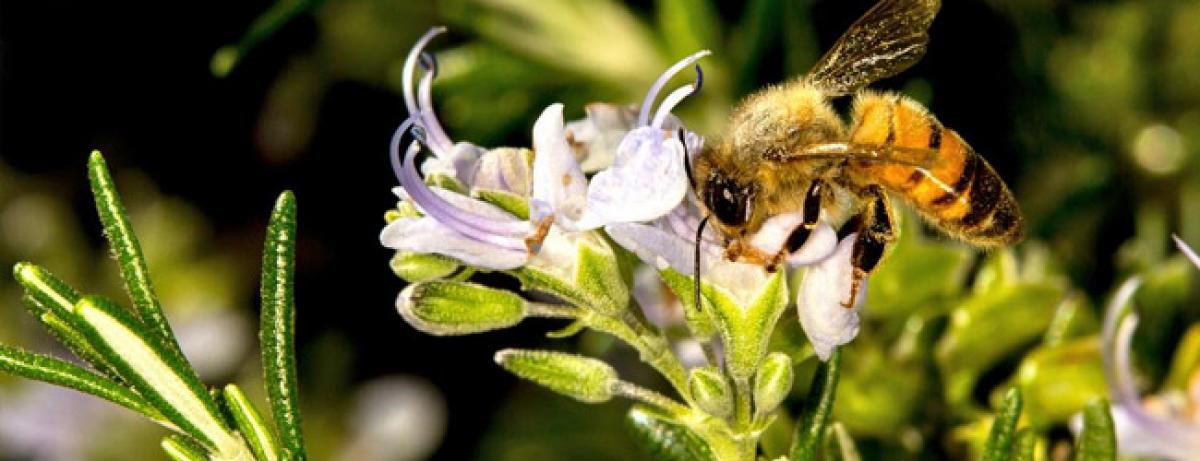Nutritional deprivation makes baby bee stronger as adults

The stress of short-term nutritional deprivation as larvae actually makes honeybees -- critical to the world\'s food supply -- more resilient to starvation as adults, a new study has found.
New York: The stress of short-term nutritional deprivation as larvae actually makes honeybees -- critical to the world's food supply -- more resilient to starvation as adults, a new study has found.
"Surprisingly, we found that short-term starvation in the larval stage makes adult honey bees more adaptive to adult starvation. This suggests that they have an anticipatory mechanism like solitary organisms do," said Ying Wang, assistant research professor at Arizona State University in the US.
The findings showed that when bees experienced starvation as larvae, they could reduce their metabolic rate, maintain their blood sugar levels and use other fuels faster than the control bees during starvation. This increased the probability of their survival under a starvation situation.
The anticipatory mechanism, also called "predictive adaptive response", explains a possible correlation between prenatal nutritional stress and adult metabolic disorders such as obesity and diabetes in humans.
The researchers, in the study published in the Journal of Experimental Biology, found evidence of this mechanism in several areas such as behaviour, endocrine physiology, metabolism and gene regulation in the bees.
"Manipulations during development may be able to increase the bees' resistance to different stressors, much like how an immunisation works," added Wang.
Managed honeybee colonies have declined worldwide, down to 2.5 million today from 5 million in the 1940s. This comes at a time when the global demand for food is rising to meet the nutrition needs of 7.4 billion people.
A lack of adequate nutrition is blamed as one of many possible causes for colony collapse disorder or CCD -- a mysterious syndrome that causes a honeybee colony to die.
Parasites, pesticides, pathogens and environmental changes are also stressors believed responsible for the decline of honeybees.
Since multiple stressors are negatively impacting bee health, the new findings may provide a different strategy to help solve the problem of colony collapse disorder, the researchers concluded.














